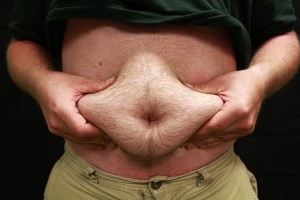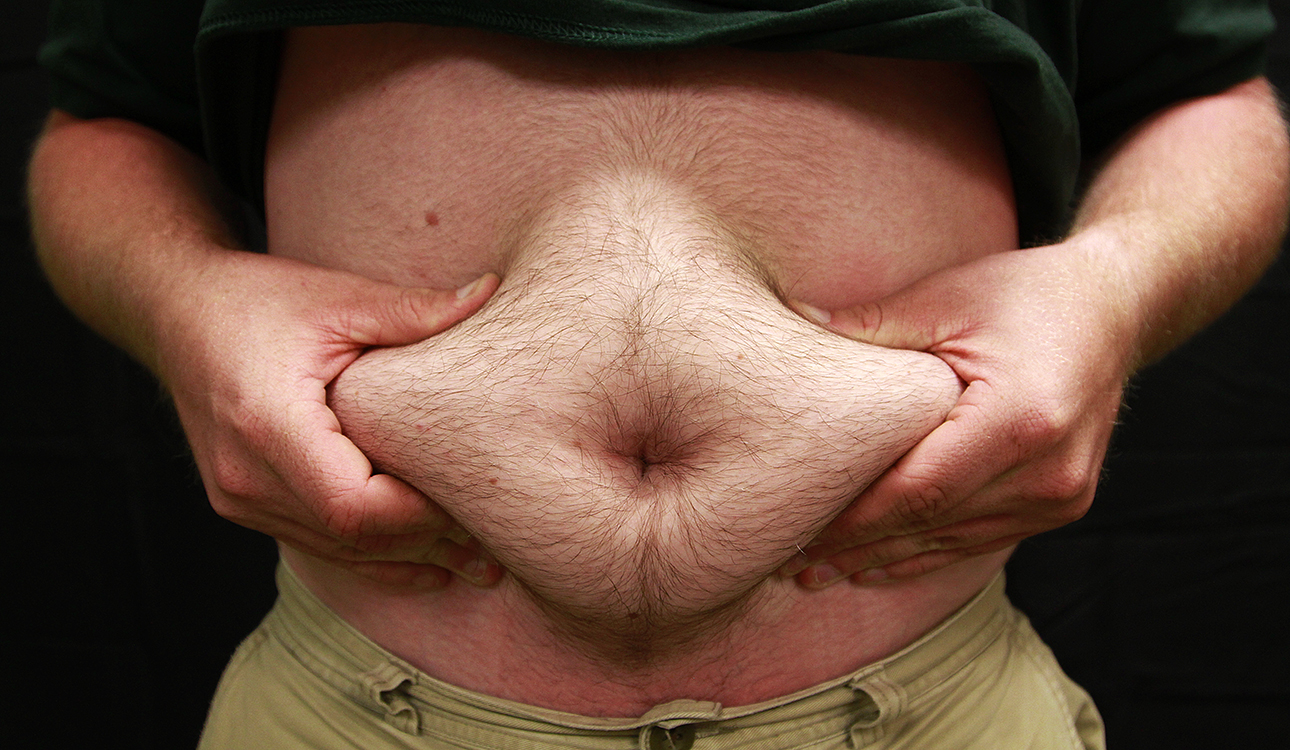
By Jessica Abbey
Reporter
Skinny models, perfectly sculpted muscles, impeccable hair, thick eyebrows, flawless skin and a straight nose. These are the qualities most models in photoshopped advertisements have.
Some at Baylor are saying the unrealistic portrayal of people in the media is responsible for people having a negative body image.
Dr. Emma Wood, a staff psychologist in the Baylor Counseling Center, said media outlets are more prominent and more accessible than ever, and the impact they have on body image is almost universal.
Cupertino, Calif., sophomore Justin Young said she believes the media affect body image negatively as well.
“They specifically choose the tallest, skinniest models, and even the gorgeous models are photo-shopped,” Young said.
According to the website for the National Eating Disorders Association, negative body image is a distorted perception of shape, believing that body size and shape is a sign of personal failure, feeling ashamed, self-conscious, and anxious about one’s body, or uncomfortable or awkward in one’s body.
In contrast, Wood said having a positive body image doesn’t mean you have to love every part of your body. She said it is about self-acceptance and having permission to be “perfectly imperfect”.
Young said she believes a positive body image is being able to focus more on what a person likes about themselves and understanding that everyone has a different body shape and size.
Wood said a negative image can affect men and women differently. One example of the different effects is in eating disorders.
“For every one man with an eating disorder, there are 10 women,” Wood said. “Men are much less vulnerable to the pressures of having a perfect body.”
She also said body image is beginning to affect people much younger.
“Ten to 15 years ago it would have started around puberty, but now, little girls as young as 4 or 5 are on diets and having a negative body image,” Wood said.
The age range of college students, 18 to 24, has a lot of pressure and social comparison.
“It is quite a dangerous time for body image issues,” Wood said.
Altus, Okla., junior Carlos Aleman said he felt he was an outcast when he came to Baylor.
“Baylor is a pretty fit campus compared to other schools that I’ve seen, which was a bigger motivation,” Aleman said.
In the spring of his freshman year, Aleman decided to make changes in his fitness. He said he started working out more and eating a better diet in order to be healthy.
Aleman has lost 70 to 75 pounds since his freshman year, and his body fat has gone down from 49 percent to 23 percent.
Aleman also said he set realistic goals about his fitness.
“I don’t beat myself up if my weight doesn’t go down,” Aleman said.
Young said she believes many people exercise and diet for the wrong reasons, like in order to look like someone else.
“I feel like if you want to get fit and in shape, it’s not a bad thing, but you should want to do it to feel better and be healthier,” Young said.
Wood similarly said people should simply do what their body is telling them. For instance, she said if someone wants to eat pizza, then go for it. Eating more than one or two slices, however, will leave them feeling too full.
“Dieting has been proven to cause weight gain,” Wood said. She said this is because most diets fail and cause binge eating. Instead, she said there should be an emphasis on what makes the body feel good and appreciating what a body can do.
Another way Wood said people can improve body image psychologically through having body image role models.
She said Maya Angelou is an example of one such person as seen through her poem “Phenomenal Woman.” In this poem Angelou describes herself by saying she isn’t like a model, but she is still proud of the woman she is and holds herself with confidence.
Young said the media could make steps toward helping others improve body image by having a wider representation of body types and sizes. She listed Aerie and Dove as some businesses that have done this by creating ads that are not photoshopped to make women appear thinner.
“It’s slowly getting better,” Young said.
Wood also said there is a long way to go in improving body image, because she believes that industries make money off of making people feel inadequate and insecure in their own bodies.
“If Baylor students are willing to work to have better body image, then it will affect the entire community,” Wood said.






